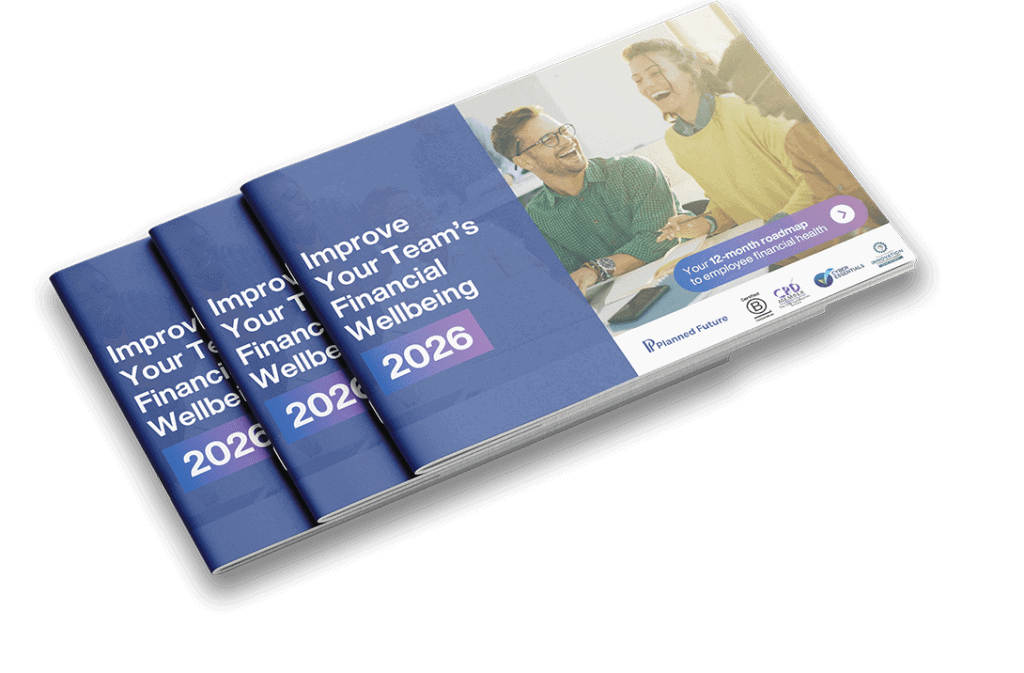Autumn Budget 2025 – What the Changes Mean for Your Savings, Family and Future
The Autumn Budget 2025 brings key changes that could affect how you save, invest and plan for the future. Whether you’re saving for a rainy day, supporting a family, or thinking ahead to retirement, understanding these updates can help you stay financially secure.
Savings and ISAs
From April 2027, the annual Cash ISA allowance for under‑65s drops from £20,000 to £12,000.
The overall ISA allowance remains £20,000, so you can still use a combination of cash, stocks, and other ISA types.
What you can do: If you rely on cash savings, start reviewing how you use ISAs. You might consider shifting some savings into other ISA types or diversifying to investments depending on your risk appetite and long‑term goals.
Family Finances: Benefit Support for All Children
The Budget abolishes the previous “two‑child benefit cap,” meaning families with three or more children can again receive support under the relevant child benefit rules. This takes effect from April 2026.
What this means: For larger families, this is a welcome restoration of support. It can ease household budgets and improve financial stability — especially important as cost pressures rise.
Taxes & Income: What’s Frozen (and What That Means)
Key income tax thresholds (personal allowance & higher‑rate thresholds) are frozen until the 2030–31 tax year.
That means as wages increase (e.g. with inflation or pay rises), more of your income could become taxable.
What to watch out for: If you expect pay rises over the coming years, budget ahead — take-home pay might increase less than expected after tax. It’s wise to revise your household budget accordingly.

Pensions, Salary Sacrifice & Long-Term Planning
The benefit of salary‑sacrifice pension contributions will change: contributions above £2,000 per year will lose their National Insurance advantage from April 2029.
What to consider: Pensions remain key to long-term security — but with reduced incentives, it’s worth reviewing retirement plans. Assess whether your current contribution level still meets your future income needs, and whether a diversified retirement strategy is wise.
What This Means for Your Financial Wellbeing
With these Budget changes, regular financial check‑ins are more important than ever. Use this moment to:
- Review savings and ISA allocations.
- Reassess household budgets and future income projections.
- Factor in benefit support (especially for families) when planning expenses.
- Review long‑term plans for retirement and investments.
If you’re unsure how the Budget impacts your personal situation, consider speaking with an experienced Money Guide who can offer information, signposting and guidance based on your individual circumstances.

